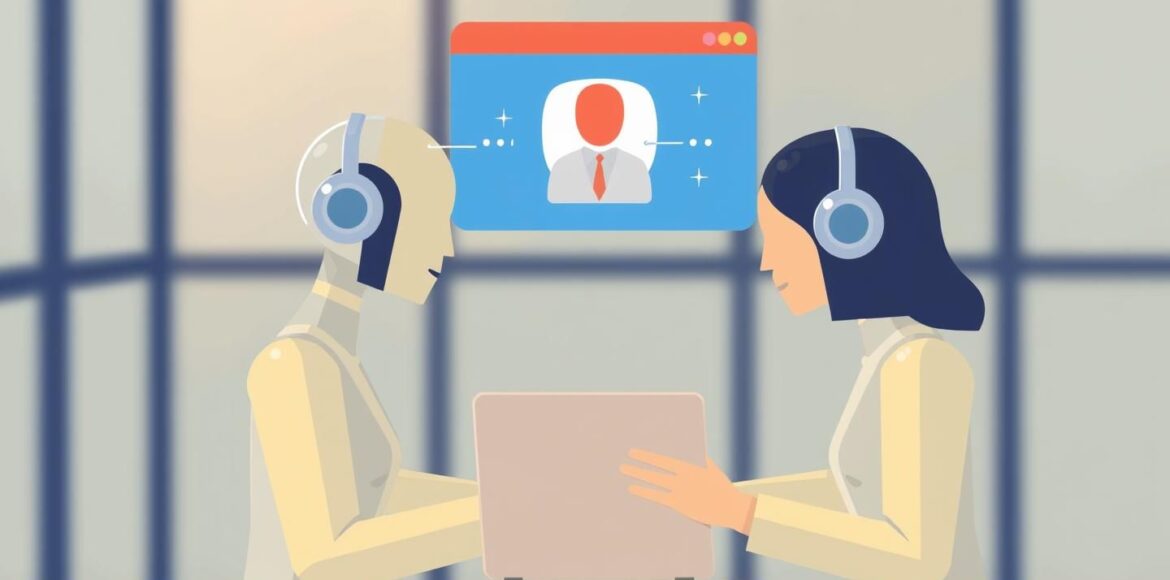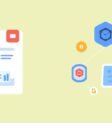
AI agents for appointment scheduling are reshaping how individuals and organizations manage their time, offering unprecedented convenience and efficiency. Gone are the days of tedious back-and-forth communication—instead, intelligent automation handles bookings, reminders, and rescheduling around the clock. In this article, we’ll explore how these AI solutions work, their benefits, top tools, common challenges, and industry best practices to maximize their impact.
The Rise of AI Agents for Appointment Scheduling
In today’s digitally driven world, the demand for quick, convenient, and efficient interactions has never been higher. Traditional appointment scheduling—often reliant on manual coordination, phone calls, and emails—struggles to keep pace with modern expectations. AI agents for appointment scheduling have emerged as game changers, transforming how appointments are set and managed. These systems automate key processes, deliver round-the-clock service, streamline bookings, send automatic reminders, adapt to last-minute changes, and integrate effortlessly with users’ calendars and communication tools.
Leveraging cutting-edge technologies like natural language processing (NLP) and machine learning (ML), AI scheduling agents can handle complex scheduling preferences, resolve conflicts, and interact with users in a human-like manner. The outcome? Reduced administrative overhead, minimised no-show rates, and a superior user experience for businesses and clients alike. As businesses in healthcare, education, beauty, and professional services embrace AI-powered scheduling, convenience and efficiency are quickly becoming the new industry standard.
How AI Appointment Scheduling Agents Work
AI agents for appointment scheduling use advanced technologies—including natural language processing, machine learning, and real-time data integration—to automate appointment management from end to end. Users typically start by submitting their availability via voice commands, emails, or integrations with calendar applications. The AI agent scans connected calendars, understands user intent through NLP, and proposes optimal meeting times by analyzing participants’ schedules and preferences.
Key functionalities include:
- Automated detection and resolution of scheduling conflicts
- Customizable reminder systems
- Time zone adjustments
- Integration with popular platforms like Google Calendar and Outlook
These agents often interact via conversational interfaces, further streamlining the process by handling queries, reschedules, or cancellations. They learn and adapt over time, improving suggestions and anticipating needs. By eliminating manual effort and human error, AI powered schedulers transform a traditionally tedious process into an efficient, intuitive experience. Read more about AI automation in content management here.
Key Benefits: Efficiency, Accuracy, and Client Satisfaction
Bringing AI agents for appointment scheduling into your workflow provides an impressive array of benefits:
- Efficiency and Automation: By automating repetitive scheduling tasks and eliminating back-and-forth emails or phone calls, bookings can be confirmed in a few quick steps. Real-time updates and smart conflict resolution features mean employees spend less time coordinating and more time on high-value tasks.
- Accuracy and Error Reduction: AI schedulers minimize double bookings and scheduling mistakes by cross-referencing multiple calendars and factoring in time zone differences, which reduces confusion and mitigates the risk of client no-shows.
- Enhanced Client Experience: Clients and end-users appreciate the ease of booking or rescheduling appointments at any time—day or night. Automated reminders and personalized communication boost satisfaction, leading to increased loyalty and positive brand perception.
The entire scheduling process becomes seamless, reliable, and professional. For an example of AI handling administrative tasks, see this post on automating daily admin tasks.
Market Leaders and Top Tools in AI Appointment Scheduling
Several AI-driven tools have set themselves apart by combining automation, integration, and user-focused design:
- Calendly: A market leader due to its simplicity, robust integrations, and flexibility. Calendly’s AI features handle intelligent time zone detection, suggest optimal meeting times, and automate reminders, working seamlessly with Google, Outlook, Office 365, and iCloud calendars.
- Acuity Scheduling: Known for customizable workflows and strong client management. Its powerful AI engine enables clients to self-book or reschedule, with payment processing and robust reminders to minimize no-shows.
- Setmore: Ideal for service-based businesses such as salons and clinics, featuring real-time scheduling, automated confirmations, and integration with tools like Zoom for online appointments.
- YouCanBookMe: Designed for teams, offering AI-powered group scheduling and dynamic rescheduling, optimizing high-volume appointment management with custom communication workflows.
- Booksy: Excelling in the health and beauty sector, Booksy leverages AI for waitlist management, loyalty tracking, and industry-specific scheduling nuances.
These providers distinguish themselves with industry-tailored customization, seamless integration with productivity suites, and responsive AI for better appointment suggestions and automated client communication. As competition grows, expect more AI features to further reduce friction and enhance the booking experience.
Some organizations are even using TheAgentBot to automate their workflow, showing the versatility of AI beyond just scheduling.
Challenges and Limitations of AI Scheduling Agents
Despite their clear benefits, AI agents for appointment scheduling face several challenges:
- Complex Human Communication: Sarcasm, ambiguity, or shifting preferences can confuse AI systems, resulting in booking errors or misunderstandings. Language barriers and regional accents introduce further hurdles.
- Security and Privacy Risks: Handling personal data requires strict adherence to regulations (like GDPR or HIPAA) and robust encryption. Data privacy remains a major concern, as vulnerabilities could expose sensitive calendar or contact information to unauthorized parties.
- Integration Issues: Compatibility problems with third-party tools or legacy systems can create incomplete synchronization or fragmented workflows, undermining the efficiency gains of AI scheduling agents.
- Personalization Limits: AI scheduling assistants may struggle to match the high-touch, personalized experience of a human assistant, which can impact client trust and satisfaction.
Addressing these issues is critical to unlocking the full potential of AI in scheduling and ensuring a secure, inclusive, and truly seamless user experience. For insights into integrating AI tools with automation platforms, discover how to use Zapier with AI agents.
Best Practices for Deploying AI Scheduling Agents by Industry
Successful implementation of AI scheduling agents begins with strategic planning and customization for your unique business context. To ensure maximum value and security, organizations should:
- Assess Organizational Needs: Identify your specific scheduling pain points. For example, healthcare providers may have compliance requirements, while salons may prioritize calendar coordination and reminders.
- Prioritize Security and Privacy: Opt for solutions with strong encryption and compliance (e.g., HIPAA, GDPR), limit access to only necessary data, use robust authentication, and routinely audit access logs.
- Ensure Seamless Integration: Select agents compatible with your current systems (electronic medical records, CRM, or email platforms). Always test in a controlled setting before full-scale deployment.
- Customize Workflows: Adjust templates and processes for appointment types, reminders, and escalation procedures appropriate to your industry—such as pre-visit surveys for healthcare or waitlist automation for salons.
- Train Staff and Inform Clients: Educate employees about the system, highlighting its advantages and basic troubleshooting. Transparently communicate with clients about scheduling processes, privacy, and opt-out options.
- Monitor Performance and Gather Feedback: Track booking rates, no-show rates, and satisfaction levels. Use these insights for continuous improvement.
- Create a Contingency Plan: Always have a backup for scheduling in case of technical failures, ensuring business continuity.
By following these best practices, organizations across all sectors—from clinics and spas to consultancies and educational institutions—can maximize productivity and enhance experiences for both staff and clients.
The Future of AI Agents for Appointment Scheduling
The trajectory of AI appointment scheduling points toward even greater automation, deeper personalization, and smarter integration with business processes. As natural language processing, machine learning, and security protocols advance, these platforms will flexibly handle increasingly complex scheduling needs, anticipate user preferences, and deliver hyper-personalized reminders.
For businesses, adopting AI agents for appointment scheduling is not just about convenience—it’s a strategic investment in productivity, customer satisfaction, and operational excellence. Companies that embrace and adapt to these advancements will set themselves apart in an increasingly digital world, where efficiency and seamless user experiences rule. To stay ahead, continue to evaluate emerging tools, prioritize security, and tailor solutions for your industry’s unique needs. AI is not just the future of scheduling—it’s already here, and it’s reshaping the way we connect, book, and manage our time.






